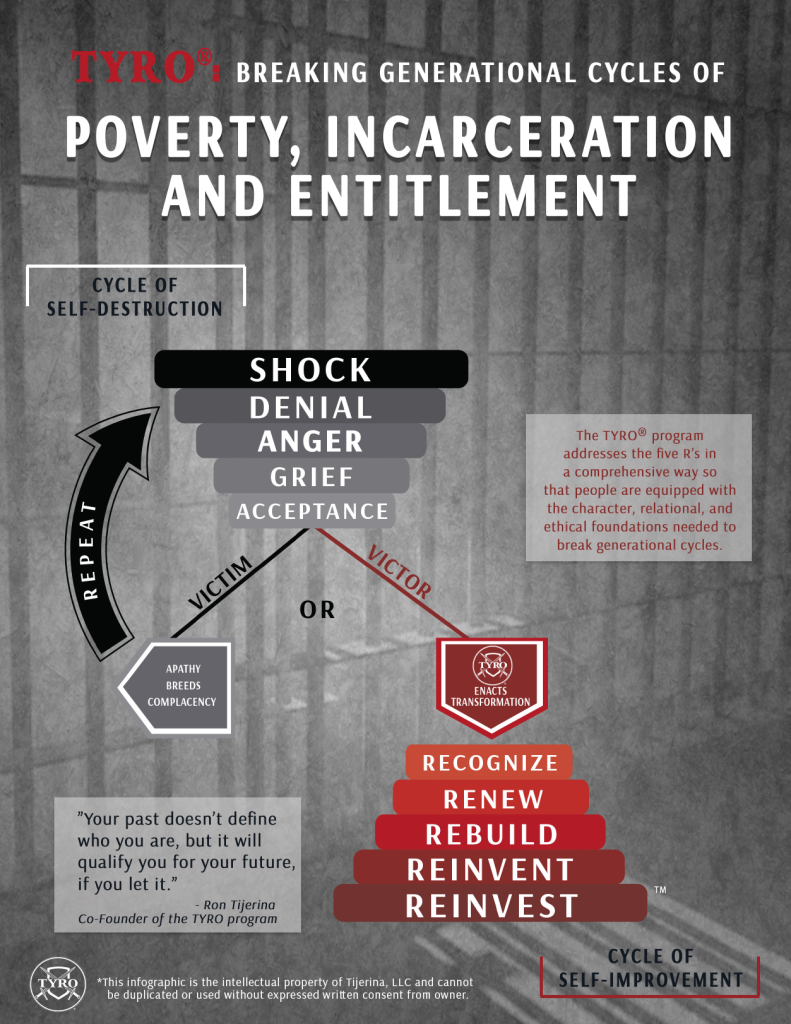In my last blog post, I talked about Shock (read this post). The shock of your loved one going to prison is a feeling you will NEVER forget. But, the good news is, shock can be the first stage of moving toward acceptance and healing. The bad news is, it can also easily become the first step that leads to cycles of self-destruction. I gave helpful tips on how to move beyond shock and stay on the journey toward healing. Most people move naturally beyond shock within weeks. The numbness begins to wear away, and reality begins to set in. But before you come face to face with reality and healing, you will have move through more phases. I know, it is scary and really hard to keep going sometimes.
After those first few weeks of immense pain, I moved into the next phase, Denial.
I have been there. Those 15 years of my husband being in prison were really hard, deeply challenging, and yet beautiful years of growth for us. I want you to come out on the other side of this stronger too. So, I am about to tell you what you will face and how you will progress from the initial pain and shock to a place of empowerment, healing, and yes, even joy. You won’t be able to skip steps or rush through the process. In order to permanently break cycles of self-destruction, you must go through the process. So, I am sure you are asking, “What is this process?” Here are the phases you need to go through before you reach acceptance: Shock, Denial, Anger, Grief, Acceptance.
Now, I have to tell you that the most important part of acceptance is that with acceptance, you will have ability to choose your future.
Acceptance will either lead you back into the cycles of self-destruction or into a new future of cycles of self-improvement.
If you choose to heal and overcome, there are five more steps you will need to go through. (I promise to share those steps in a future blog post!) Your ability to successfully move through each phase determines if you will be successful or continue to struggle.
After those first few weeks of immense pain, I moved into the next phase, Denial. I told myself, “This isn’t really happening. Ron will be home soon. There is no way he will serve 14-25 years in prison!” I began to plan my life around when Ron would be home. I decided that we wouldn’t do anything special. We wouldn’t move. We wouldn’t change our lifestyle until Ron came home. I kept telling myself that once Ron was home, everything would be fine. I was set on “waiting” for him to come home. There is a difference between a healthy waiting, and an unhealthy waiting. The unhealthy waiting – or putting my entire life on hold and trying to hold everything back from change until Ron was home was the unhealthy kind. This denial of the reality of the sentence we had been dealt caused so much pain to my sons and was such a heavy burden to carry.
I didn’t want to live my life with Ron in prison, so I tried to just exist.
How do you know if you are in the Denial Zone? Are you living your life under false pretenses? Are you constantly convincing yourself that you cannot move forward and that waiting means putting your life on hold? Are you seeing the reality of your circumstances, or are you still trying to excuse them away? Denial has a way of convincing you that you are OK when you are not. And when you are facing something you cannot quite wrap your mind around – prison, the loss of freedom to be in relationship on your terms, the social stigma of incarceration – it is natural to run to denial to get through it. During this time, you see all the things that led you to this point through a darkly colored lens. The shadow of denial makes it easy for you to ignore the truth. You see yourself as a victim of circumstances. You reject your part in creating the present you are living in. You are not aware of the role you have played in getting yourself to this point. When you are in denial, it is nearly impossible for you to lead your children out of the distress they are in.
Denial is a normal phase in the healing process that you and your children will experience.

It is healthy and good, unless you allow yourself to get stuck there. Then, it swallows up your potential and rob you of the experience of overcoming. You, the incarcerated parent, and your children will all go through these phases. Although each family member will experience the same phases, they won’t be at the same time or in the exact same way. As the shock begins to wear off, you will struggle to process the reality of prison as a part of your life.
When a glimmer of reality breaks through the daze of shock, that is when you will enter the Denial Phase.
The same way shock shuts down your ability to live your life to its fullest, Denial causes you to entertain the idea that this is somehow somebody else’s fault. It can be even worse for your children as they may think it is their fault.
Denial can hold onto your mind and trap you in self-blame which leads to deeply rooted feelings of inferiority, shame, and then social withdrawal. As your you and your family begin to move beyond denial and acknowledge the social loss, you will begin to move into the next phase, the Anger Zone. (But that zone is for my next blog post!) It is important to recognize that moving from zone to zone has a transitional phase where characteristics of both zones can be present. The most prevalent feelings and behaviors determine which zone you are currently in.
How do I get out of the Denial phase?
In order to have victory over this situation, you must conquer your fear and move through all of the phases as you strive for acceptance and then a new future filled with hope. How do you get out of Denial? You keep moving! Here is a list of Do’s and Don’ts to keep you on the right path:
- Don’t stop living in the NOW while you wait for the future.
- Do plan for your family to be reunited.
- Do work for your family’s future by investing time and energy in creating it one decision, one day at a time.
- Don’t waste the gift of time. Build memories along the way.
- Do talk to your husband about how hard it is to build the future in the midst of the pain of the present.
- Do find fun things to do (with your children if you if you have children).
- Don’t pretend that you can fix it.
Your understanding of each phase, or level, is so important. When you understand what you are facing and what you need to do to get through it, you will be prepared to meet every challenge. It doesn’t make it easy; it makes you prepared. Living with your partner in prison is not easy, and neither is moving through every level to get to the place of acceptance. But it is worth the effort to meet your destiny on the other side. When you know what to do and how to do it, you can do it!
I am rooting for you!
Cathy


